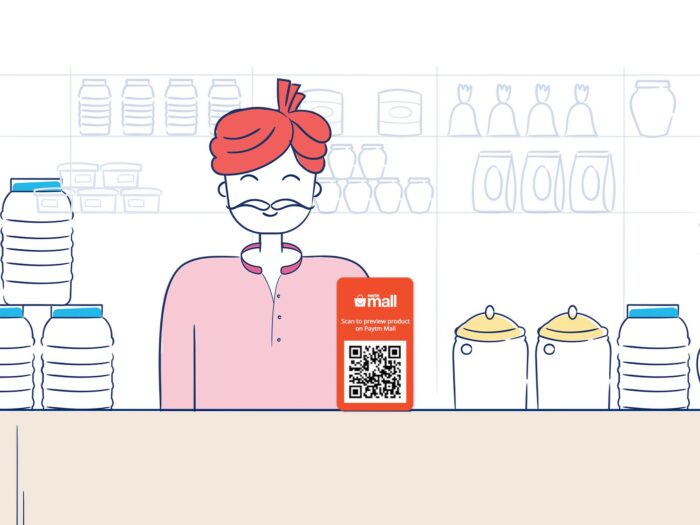Paytm, the app that started off as mobile and DTH recharge platform is now India’s most-loved payment app and it completed 1 million downloads in 2017. This e-wallet app that endorsed Digital India after demonetization is on the verge of working out to exit its shopping platform and looking high and low on other avenues to contest with.
The reason behind the downfall
The e-commerce giant raised Rs 2900 crore in the year 2018 from their parent company- One97 Communications Limited, and has been facing heavy losses since then.

This Alibaba- backed firm is facing major losses in its B2C (business to consumer) business model. Allegedly, they have lost 88% of the traffic since last year: in January’19, the hits came down to 5 million from 45 million in October’18. The company has also closed some of its fulfillment centres pan-India and removed all cashbacks portals without any pre-notation.
The main factor behind the failure is unsold inventory. Sellers on Paytm claim that inventory worth Rs 150-160 crore is piled and the lack of fulfillment centres has left them helpless. Some of them also lamented about the decrease in the number of consumers due to the sudden termination of most of cashbacks. This clearly shows the position of the company’s losses.
One of the FMCG seller from Mumbai said, “They (Paytm) asked us to stock a month’s inventory for December last year and now asking us to take back the inventory. They have shut the fulfilment centres at several places. We can’t return these unsold inventory back to the manufacturers now.”
Founder’s Explanation.
Founder-CEO Vijay Shekhar Sharma has rubbished the news about quitting or scaling down Paytm Mall. He claimed that their Gross Merchandise Volume (GMV) will increase to $2 billion by the end of the fiscal year.

He added that the Noida-based start-up is hoping to generate around 15% of Paytm Mall’s business in the forthcoming years after the launch of wholesale category- B2B arm.
Future of the Company
According to reports, senior management held a series of board meetings which came to an agreement of focusing on B2B business model along with slowly and steadily shutting down B2C model. The e-wallet company foresees no future in this business against giants like Amazon and Flipkart.

Within B2B, Paytm is strategizing to grasp the Offline to Online market like Reliance. This is the reason behind Paytm acquiring hyper-local deal apps Little and NearBuy back in 2017 to strengthen their last-mile delivery mechanism and hyper-local deliveries.
In FY2018, the firm reported 100% increase in revenues at Rs 775 crore, however, revealed a 1500 times increase in losses at Rs 1800 crore.
Experts say that Paytm has diluted its identity by engaging in a multitude of businesses. And none of us will deny that Paytm to all of us always meant the digital wallet and e-cash.
















